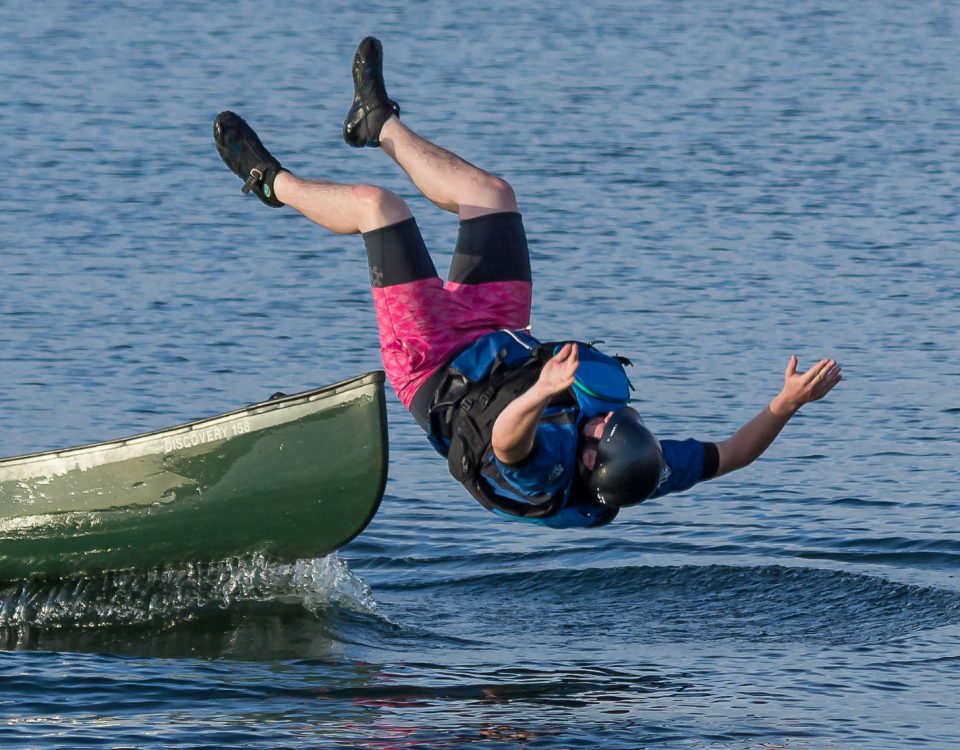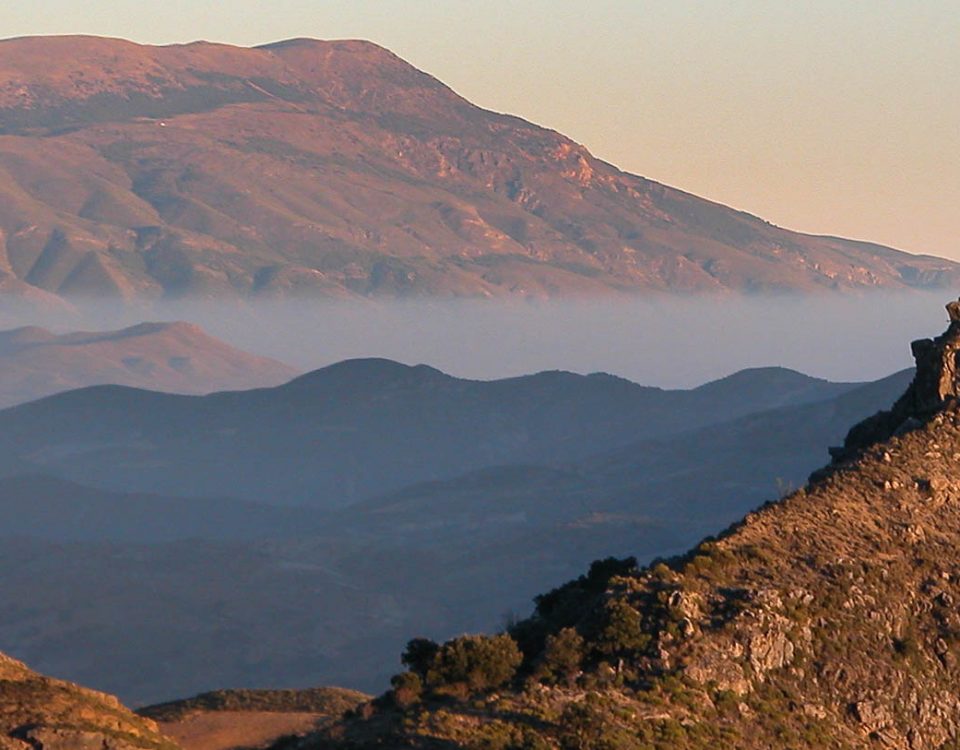
Be Prepared
24th January 2018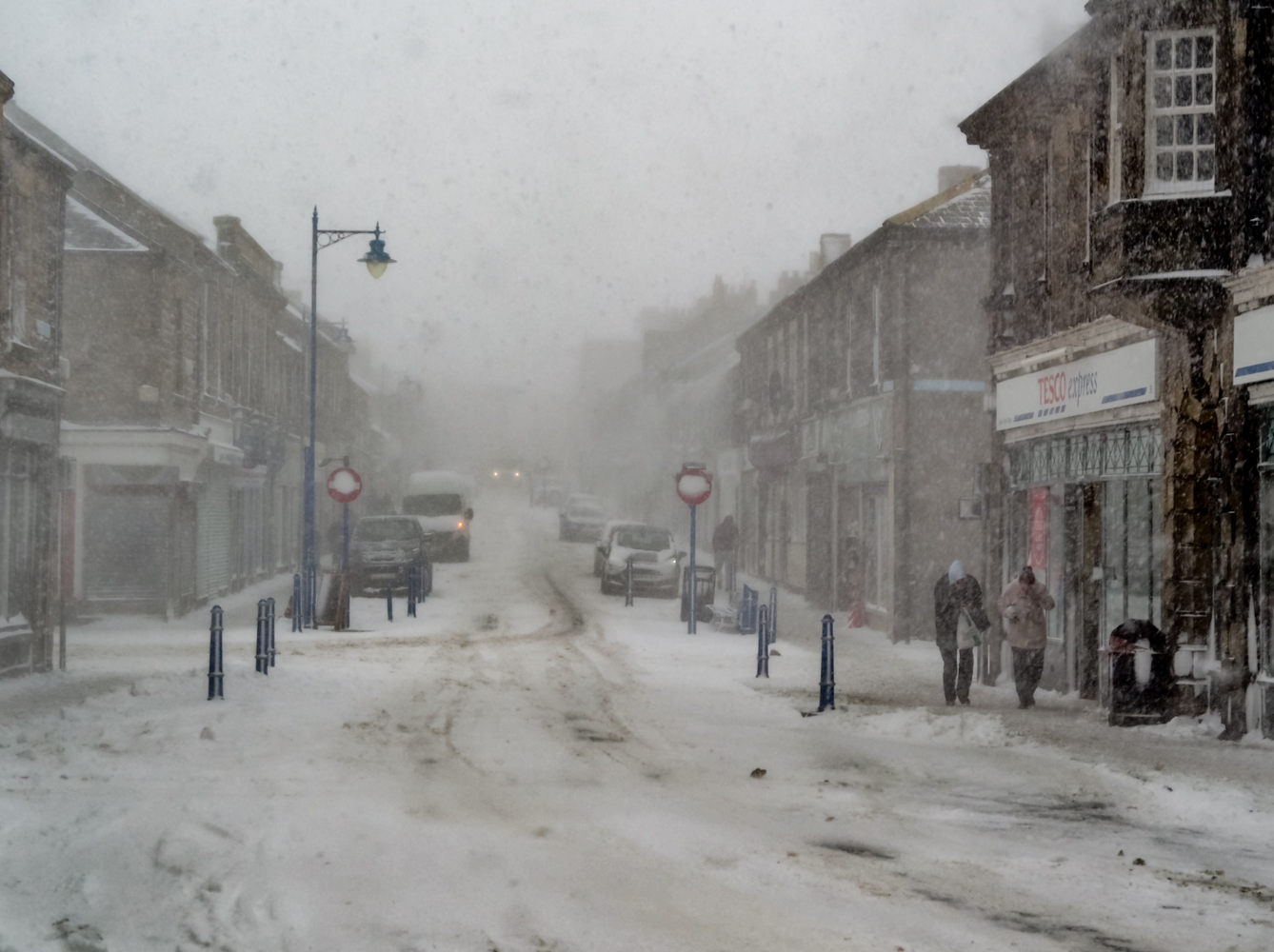
General Data Protection Regulations (and Bill) and other laws. Updated August 2019.
1st March 2018If you walk down the street and see a shop window that is an untidy mess, would you go in? Or, would you visit the shop selling the same products a few doors along that has a stunning window display? Photographs of your business are like that shop window, and there are very good reasons for using a professional photographer to create those images.
I recently looked at websites of local businesses I considered using. Poorly written with photographs both composed and exposed badly, I wasn’t inspired. They sold services costing between £600 and £3000, a similar price range to cameras. So, I compared them with a well designed Olympus web page. Then, I looked at a cheap high-street retailer’s website. Like the camera manufacturer, they too had a crisp, tidy web presence with great product photos.
If businesses don’t put as much effort into promoting their own products as that low-end shop, are they saying that they don’t value their own goods as highly as Primark does a £3 T-shirt? It’s probably not their intention, but from a customer’s point of view, it does look that way.
The customer will walk on.
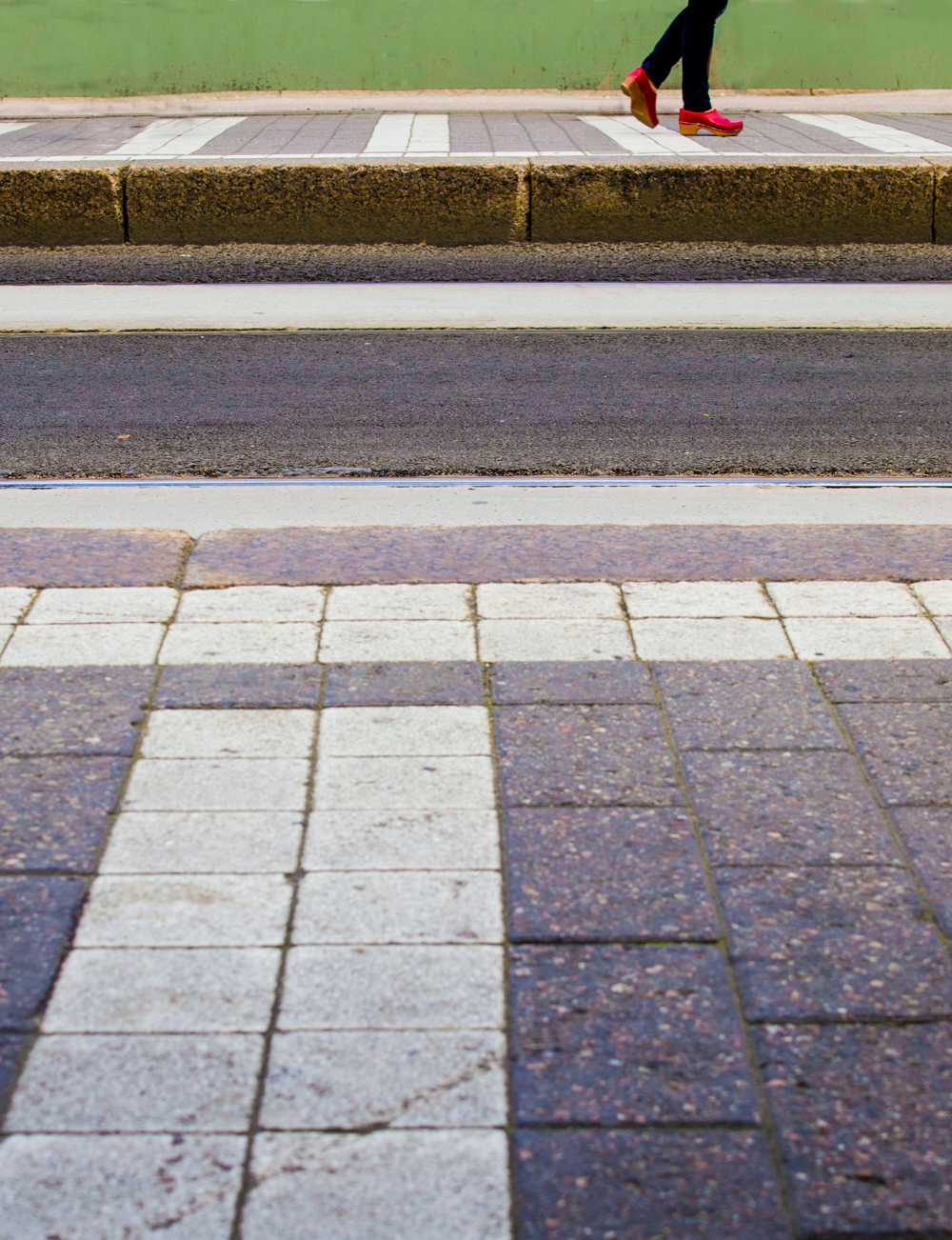
A scruffy shop front will make many potential customers walk by.
Isn’t professional photography expensive?
Go to Google and type in “Why are professional photographers” and look at the suggested predictions. At the top of the list is “… so expensive.”
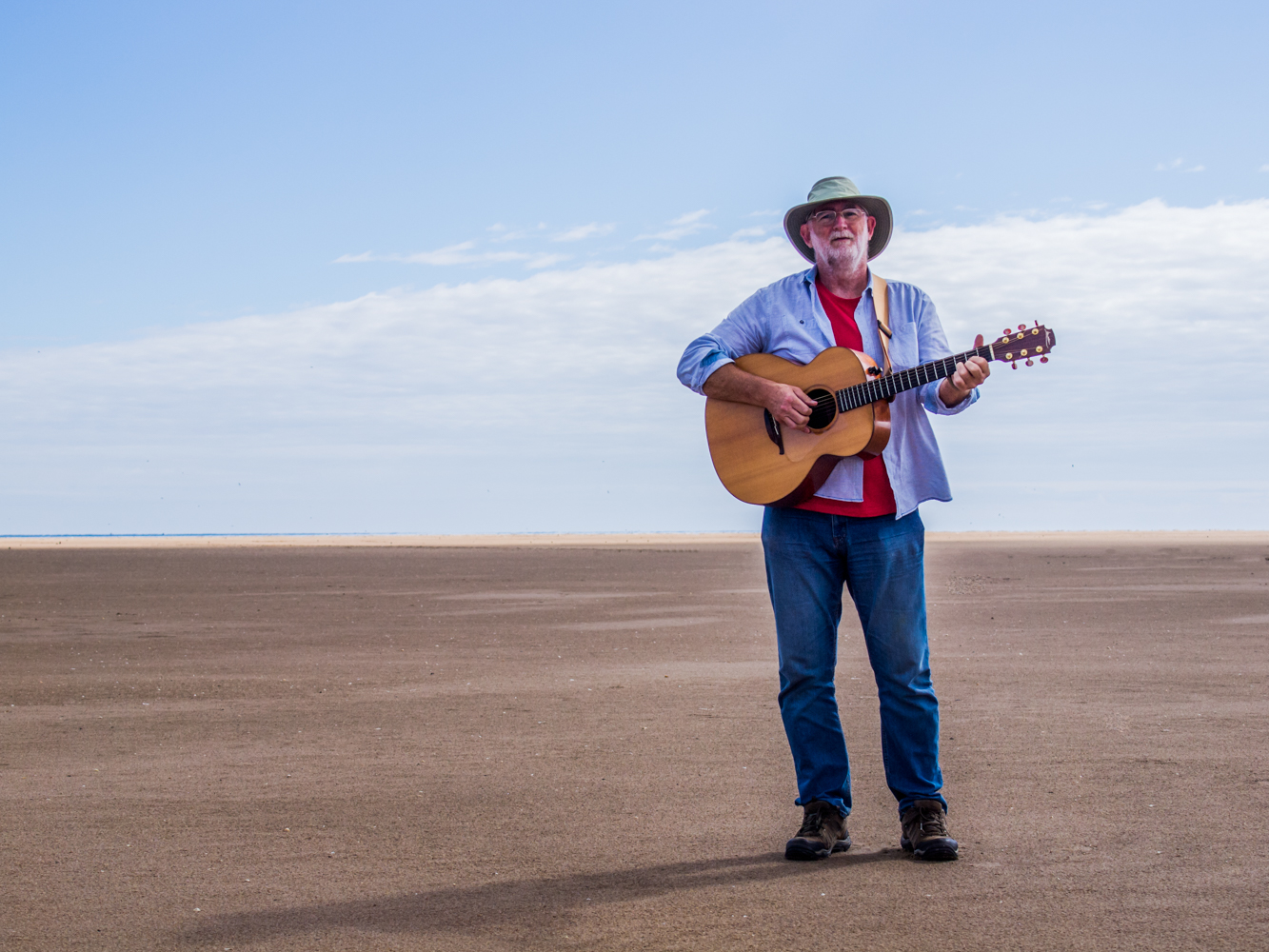
I would argue that photographers are not expensive. You are paying for a high quality service, an outstanding product and a lot more time than the couple of hours spent shooting the photos. A professionally shot photograph is a valuable product.
What are you paying for?
A photoshoot takes much more time than the ¹⁄250 second click. Hours, or even days, can be spent developing and editing the pictures.
You buy into some of the photographer’s running costs too. They pay for various registration fees, advertising, web space, National Insurance and pension contributions, income tax, travel, plus endless other running expenses. Like any business, they have to earn those costs back, building them into their fees.
Also, you access the fortune invested in at least two sets of professional-grade equipment. Two sets? Imagine the photographer’s camera failing at an event. A friend’s DSLR stopped working halfway through a wedding service recently and they had no back-up.
How would you feel receiving blurry, grainy images because the lens was too slow and the camera’s low-light performance not good enough. Professionals own good quality equipment.
You are also contributing to their insurance costs.
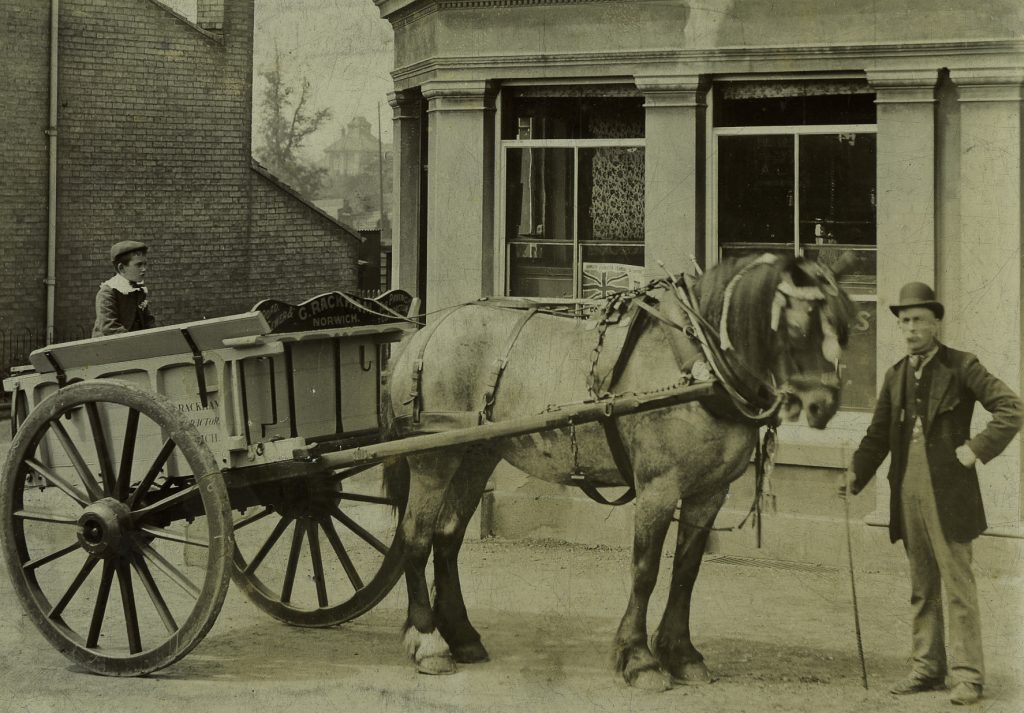
My Great Grandfather employed a professional photographer for this business shot at the end of the 19th century
If you only read one section of this post, read this one!
Some amateur photographers rush at the opportunity to photograph an event without considering whether or not they are insured. This is a big risk.
Business Insurance is costly. My private home insurance doesn’t cover me for developing commercially shot images in my house. If my business computer caught fire and burnt the house down, it would be my business insurance that pays. Nor will the private insurance cover the cost of replacing my camera equipment if it were lost or stolen while I was working.
Social, Domestic and Pleasure car insurance won’t cover driving to and from a commercial shoot. I need business cover for that too.
There is another insurance that is even more important that so many people don’t even consider, and it’s one that you should check if you are employing anyone to do work for you. That is Public Liability Insurance.
Photographer’s household policies won’t cover accidents when they are working. There is no legal obligation for a business to have this insurance, but it is foolish in the extreme for them not to. It is something you should check before engaging a photographer.
Accidents can and do happen. Studio lights fall over, battery packs catch fire, valuable items get smashed, cameras break or get stolen, memory cards lose all their data and people get hurt. You might end up with no photographs and want compensation for that.
It could be worse!
While researching for this article, an insurance broker told me a horror story. A couple of years ago, a photographer raised his camera to his eye, stepped backwards to take the shot and knocked into someone who fell, banged their head and suffered brain damage. Although insured for £1 million public liability, it was not enough to cover the £1.5 million claim made against them. They were left £500,000 shortfall.
Don’t be afraid to ask to see an insurance certificate. If a photographer has £5 million public liability insurance, you can be certain that they take their profession seriously.
How to choose a professional photographer
Perhaps not since the dawn of time, but certainly over the last 100 years, businesses employed professional photographers to promote their services.
There are excellent professional photographers in this world. Most are friendly and well versed in the artistic and technical aspects of photography. As with every trade, there are some whose work doesn’t meet up to the exacting standards you expect. Choosing the right photographer is a minefield.
What should I expect from a photographer?
As I pointed out above, if you are advertising your wares, you need high quality photographs to reflect their worth. If you are getting married you will want a photographer who will produce an album of photographs that you will look at with joy and not disappointment.
Professional photographers need to deliver exactly what their customers expect every time. They need to guarantee great images that illustrate their customer’s identity. A folk singer’s promotional photos will be very different from those for an accountant, which, in turn, will be different from wedding portraits.
It’s not just the photography that counts. Photographers must get along with everyone, yet also become invisible and blend in with the crowd.
Is the photographer reputable?
There are hundreds of fantastic professional photographers. There are some that are not so fantastic. Six people in as many weeks told me how disappointed they were with photos they had commissioned from what they discovered were rogue wedding photographers; they had all of the equipment but lacked the skills.
Were these charlatans trying to make a quick buck? If so, they picked the wrong trade; it’s hard work being a professional photographer and the outgoings are enormous. Or, maybe they were misled into thinking their photography was good enough when it wasn’t. That happens a lot.
Digitally fixing another photographer’s failed images is something many professionals, including me, have been asked to do. I’ve seen wedding photos with a host of rudimentary mistakes, including a bridal portrait with a road cone lying on its side in the background. I’ve been shown children’s pictures with blown-out highlights on sweaty faces, pets with crusty eyes and important family members missing from wedding albums. This is sad both for the clients and for the photographers whose reputations are forever tarnished.
Going through the trauma of getting a photographer’s fees refunded at a small claims court does not bring back a wedding day. Choosing the right photographer for you will guarantee great results.
How do I find the best photographer for me?
If you are commissioning a photographer you want them to provide photographs that tell your story or reflect your feelings. A photographer should know what you are looking for and choose the correct lighting and camera settings to achieve that.
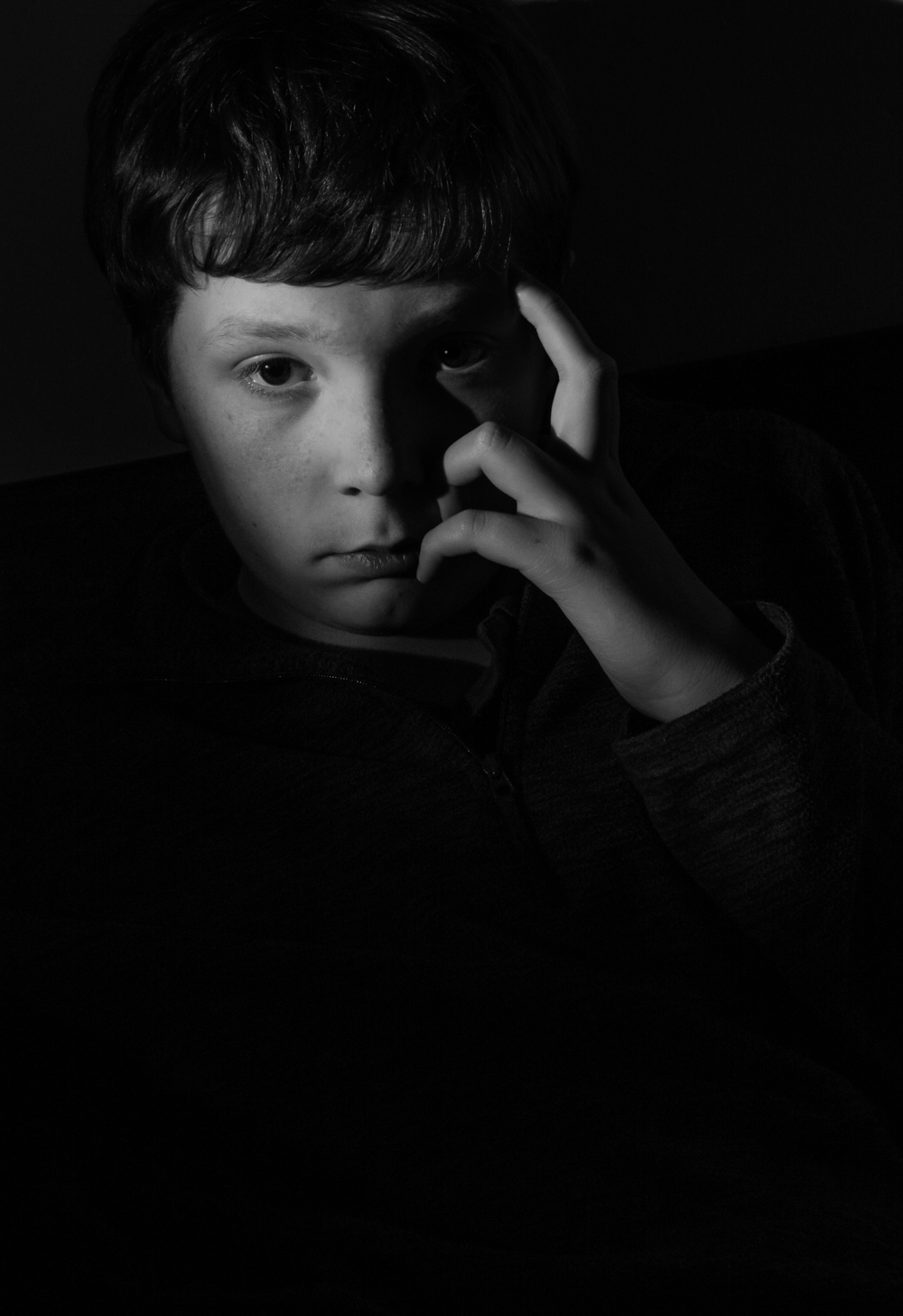
Websites and portfolios can be a good guide to the quality of the work, but they only display a small selection of of the photographer’s work, images they choose to showcase. They are not a true record of the overall standard. Furthermore, can you be sure that the photos were taken by that photographer? Plagiarism is commonplace.
Personal Recommendations
Personal recommendation is often sited as being the best way to choose a photographer. A lot of work comes my way through word of mouth and I get a lot of return custom. I am grateful for that, but not everyone who gives a recommendation is necessarily qualified to do so. A friend was raving over her wedding photos. In truth, they were not that good. In several of the pictures she had stray hairs running across her face, a rudimentary mistake that should have been fixed before the shoot and, if not then, certainly afterwards during editing. Horizons were wonky and unwanted distractions were in many of the shots. She paid £3000 for that album.
Membership of a trade body may be a measure of quality, but some fantastic photographers shun these establishments.
It’s not all doom and gloom. Most professional photographers are good and, even if you choose one at random, you are most likely to get a skilled artist.
The best way…
The best way of deciding whether to employ a photographer is getting a first-hand experience of them at work. Any photographer worth their salt will take you on a pre-event photoshoot.
Apart from seeing if their images are any good, you will discover if this is someone you want at your event, or associated with your business. You’ll also get to know whether their photographic style is to your taste.
On a pre-event shoot, the photographer can also decide if they want to work for you too. I am lucky, all my clients have been great. I do know photographers who have turned commissions away because the clients’ expectations were unrealistic, or simply because they could not get on.
Good luck finding the right photographer for you.

